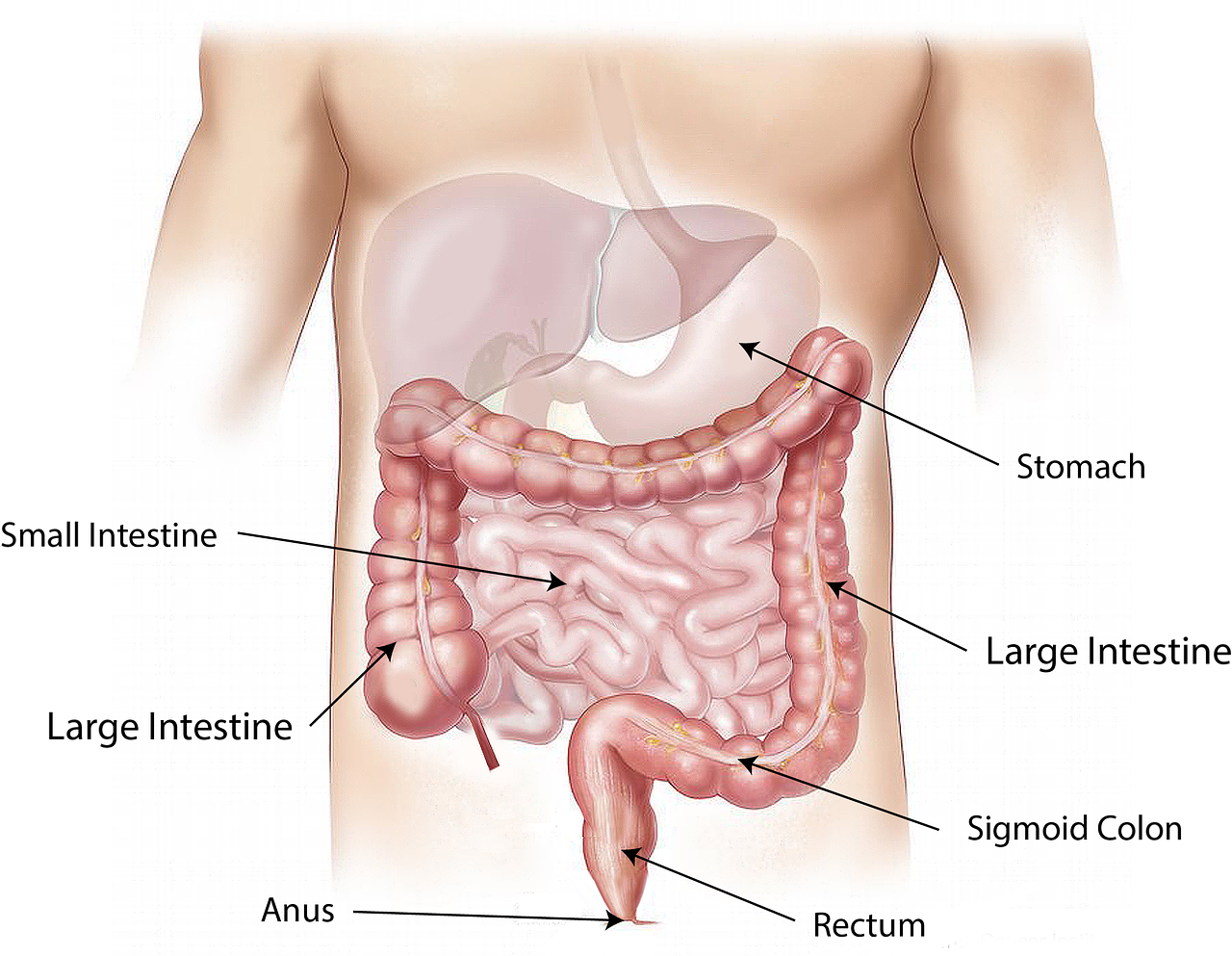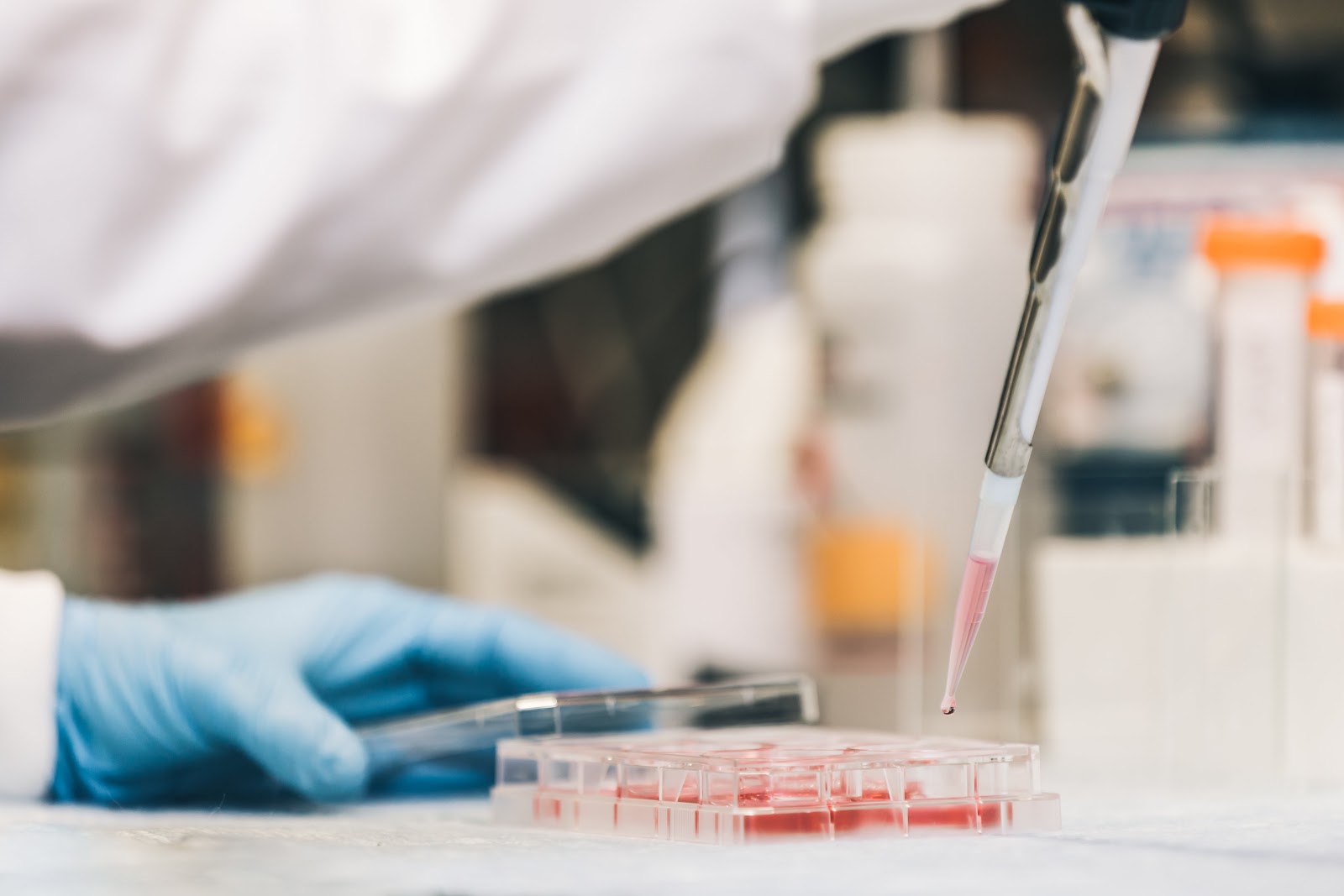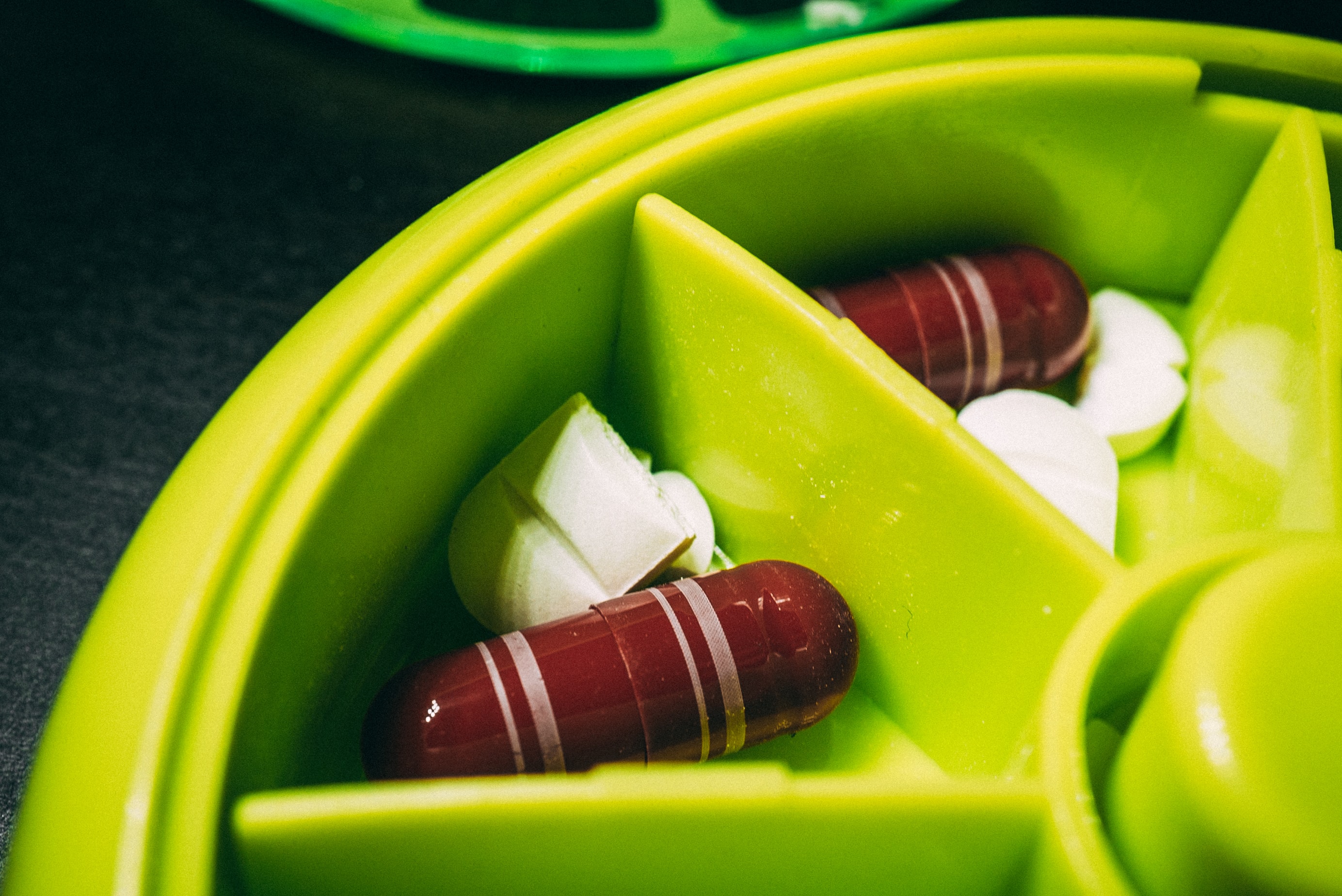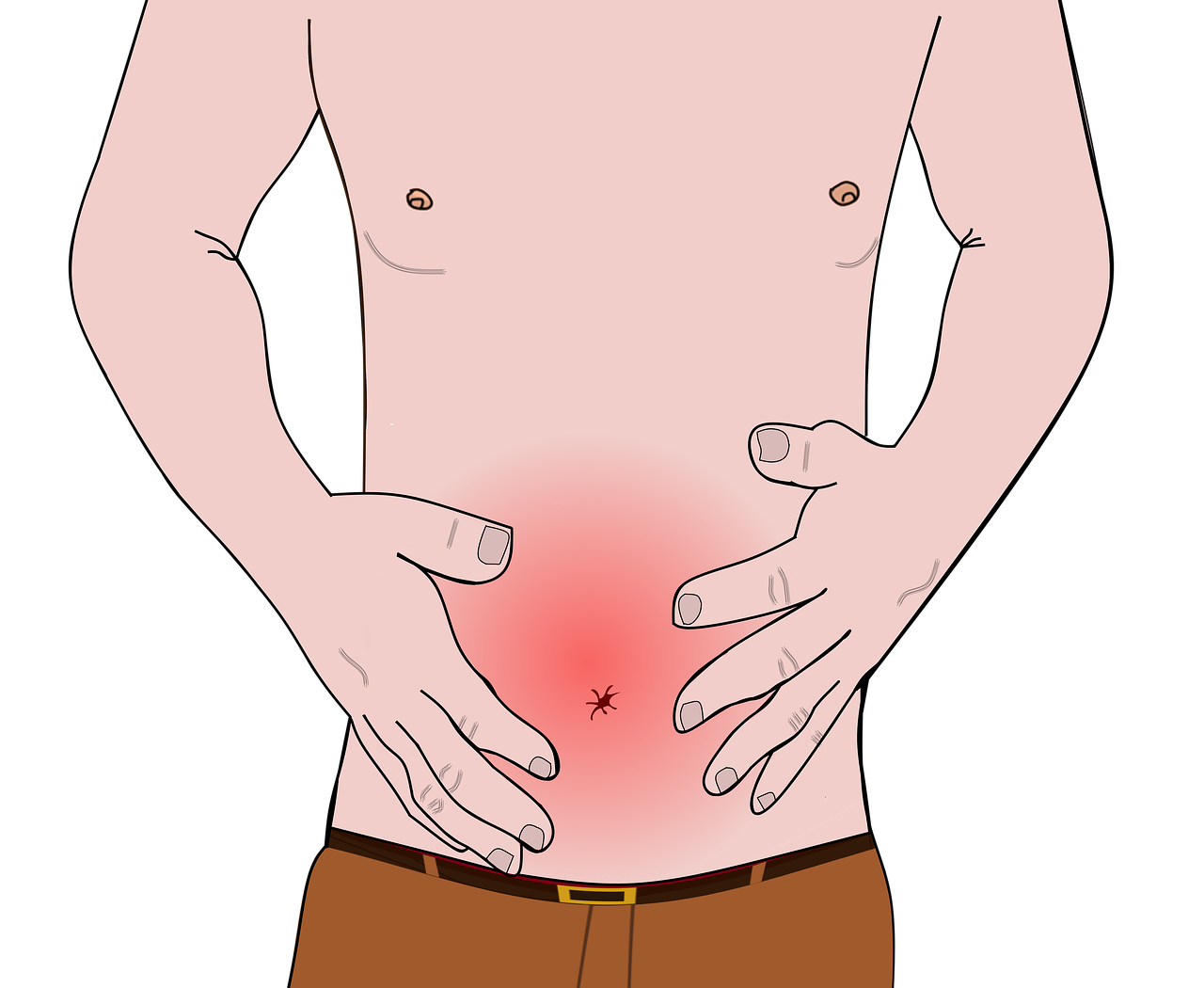What you should know about H.Pylori firstly!
In our following article we will delve into the essentail causes of H.Pylori infections, prophylaxis and treatment options to infected persons. Before any details, what's the H.pylori helicobacter? which is known as "stomach germ".

H.Pylori is a common type of bacteria that grows insid the digestive system and tends to attack your gastric lining.
History of H.Pylori is here below:
H.pylori was discovered by Barry J. Marshall and Robin Warren.Overviewing the study refers to a worldwide disease, it appears to infect the stomach of approximately 60% of the adult population in the world.
H.pylori helicobacter infection is usually harmless but responsible for the majority of ulcers in the stomach and small intestine.
According to researchers’ reports;
H. pylori helicobacter bacteria often affects your stomach during childhood.
Although infections with this strain of h.pylori helicobacter bacteria do not mostly cause symptoms, they can lead to chronic peptic ulcer disease and a GIT inflammation condition called Gastritis.
The resistance of H.pylori helicobacter bacteria against the harsh and the peptic acidity in the stomach shows that this bacterium can change the peptic environment around and reduce the acidity of the body to survive much.
Additionally, the spiral-shaped H. pylori bacteria allows penetration of the gastric lining normally protected by mucus and so your body's immune cells can’t get them.

Causes of H.pylori helicobacter bacteria:
The conditions leading to an infection spread to a human with H.pylori helicobacter bacteria are not completely known.
But H.pylori is often transmitted to individuals through saliva, as it is easy to transmit the infection between members of the same family if one of its members is infected with H.pylori bacteria.
Also through feces, H.pylori is common in children.
Pay your attention to washing hands after using public toilets and learning personal hygiene in general.
Humans can be infected with H.pylori at least through contaminated water or food.
Most patients with H. pylori helicobacter are asymptomatic.
But when a H.pylori infection occurs leading to an ulcer, infection symptoms may include abdominal pain especially when your stomach is empty at night or a few hours after meals. Pain is described as usually coming and going.
Other symptoms may appears with H. pylori helicobacter infection, including:
-
Heartburn.
-
Fever.
-
Excessive belching.
-
Feeling of bloating.
-
Nausea and vomiting.
-
Stomach irritation.
-
Unexplained weight loss.
-
Lack of appetite or loss of appetite.

See doctor to exclude H.Pylori if you have some of:
- Trouble swallowing.
-
Anemia.
-
Blood in the stool.
H.pylori helicopter infection's complications:
Pylori recurrent infections can lead to chronic peptic ulcers. Additionally, the infection or the ulcer itself can lead to more serious complications which include;
-
Internal bleeding: which can be found when peptic ulcers penetrate blood vessels and are associated with iron deficiency anemia.
-
Stomach perforation: This can be found when an ulcer penetrates the stomach wall.
-
Abdominal cavity inflammation.
Studies refer that patients with H.pylori have an increased risk factor of gastric cancer, but most people with H.Pylori never develops stomach cancer yet.

H.pylori Diagnosis:
-
Urea breath test after drinking a special liquid containing urea and breath into the bag. If you have an active H.Pylori helicobacter, urea will be converted chemically to carbon dioxide and the test will record higher results than normal of the exhaled gas into the bag.
-
Laboratory tests; stool examination testing.
-
Endoscopy or taking a sample from the stomach wall.
-
Patient history.
-
Clinical examination.
Blood tests are not useful. in the treatment process except according to the doctor's medical decision.

Treatment impact of H.pylori helicobacter:
In fact, if you have H.pylori helicobacter infection without significant symptoms and you are not at an increased risk of stomach cancer, treatment may not produce any prominent result.
Medication therapy;
-
Antibiotics.
-
Proton pump inhibitors.
-
Acid-secreting inhibitors (H2-receptor inhibitors).
Two weeks after completing the H.Pylori treatment, you may do a H.Pylori stool test or urea breath test again to ensure a full recovery.

Prophylaxis against H.Pylori infections:
-
Washing hands after using the bathroom, before preparing and eating food are necessary.
-
Make sure to sterilize water.
-
Wash and rinse all fruits and vegetables well.
-
Avoid sharing utensils on eating or drinking.

-
Eating spicy foods, drinking alcohol, stress, and smoking doesn't cause stomach ulcer disease but they play an important factor in delaying ulcer healing and worsen the situation.
Our DewTreats for you that you may be infected previuosly with H.pylori or also may tolerate it so don't be anxious; but consider symptoms if they appear anytime. Contact your doctor immediately to avoid complication scenarios.
Expand your knowledge about health and nutrition like mouth ulcer and psychiatry.



You must be logged in to post a comment.